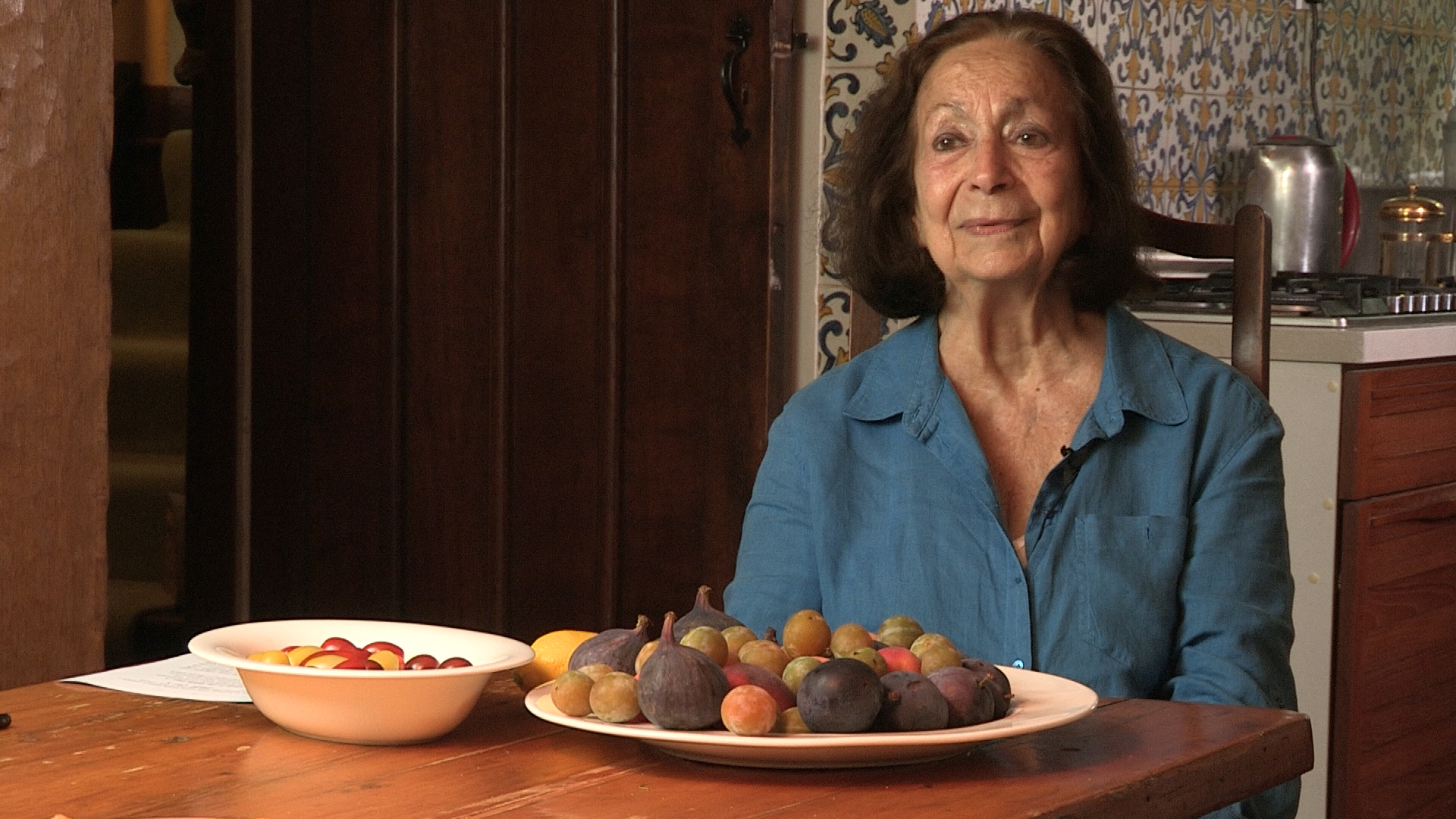NEXT STORY

The traditional food of Spain
RELATED STORIES

NEXT STORY

The traditional food of Spain
RELATED STORIES


|
Views | Duration | |
|---|---|---|---|
| 71. Studying the Jewish culture | 1 | 02:48 | |
| 72. Steak and chips for Shabbat | 02:18 | ||
| 73. The Couscous or Gefilte Fish conference | 03:26 | ||
| 74. Mixing dishes from different communities | 1 | 03:10 | |
| 75. My cookbook comes out at the right time | 1 | 02:36 | |
| 76. Jewish food becomes fashionable | 1 | 03:11 | |
| 77. The traditional food of Spain | 04:54 | ||
| 78. Regional recipes in Spain | 00:44 | ||
| 79. Spain felt like home | 1 | 02:27 | |
| 80. The Great Cathedral of Seville | 1 | 02:51 |


Yotam Ottolenghi has used traditional Jewish dishes of the diaspora and felt free to mix dishes zhoug from Yemen. Harissa from Tunisia. In a dish from Morocco, in a dish from... you know, he's free. And what I find now for me, enthralling, is that through the chefs, Israeli chefs abroad, the Jewish dishes of families in the diaspora... you get echoes of them now. Not only in England and America and Germany and Holland. Because of the influence of the chefs. Starting with Yotam Ottolenghi. They have brought this mix, which is particularly Jewish, and it has become the fashionable food in a global culture of food now. Whereas the chefs who did... the Middle Eastern chefs who did Turkish food, Moroccan food, Iranian food, they until now stuck to their standard cuisines, which was kebabs and mezze. And they had to do their standard cuisine of the restaurant. They never did home cooking. They never did the grand dishes of the homes, whereas it is the grand dishes of the Jews in those countries that have inspired the chefs of Israel. And now I find when I go to Devon, when I go to all kinds of places in England and eat in a restaurant, where I'm told these are cutting edge inventing dishes. And I'm eating things and, wow, I think. Oh, I know where this comes from. Sometimes. Yes, because I think that book has had an influence in that way, through chefs who knew how to make dishes better. How to refine them for a restaurant. But also, who allowed themselves to mix and to do their own, each one does their own interpretation. Their own... twist.
Claudia Roden (b. 1936) is an Egyptian-born British cookbook writer and cultural anthropologist of Sephardi/Mizrahi descent. She is best known as the author of Middle Eastern cookbooks including A Book of Middle Eastern Food, The New Book of Middle Eastern Food and The Book of Jewish Food.
Title: Jewish food becomes fashionable
Listeners: Nelly Wolman
Claudia Roden talking to her granddaughter Nelly Wolman about her life in food.
Tags: Yotam Ottolenghi
Duration: 3 minutes, 11 seconds
Date story recorded: September 2022
Date story went live: 04 December 2023